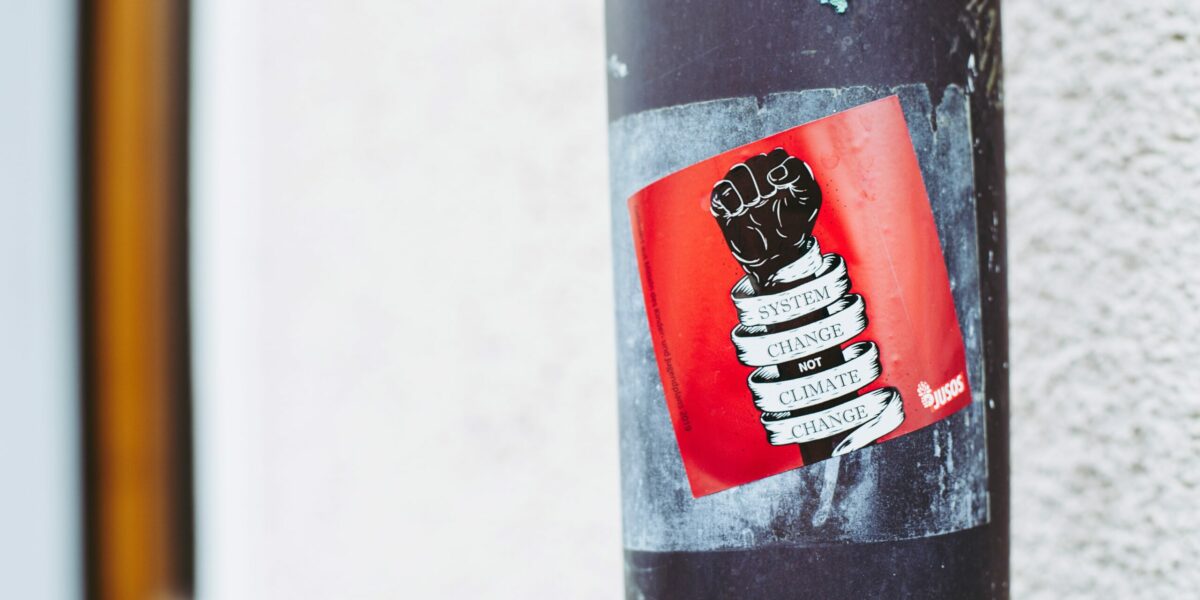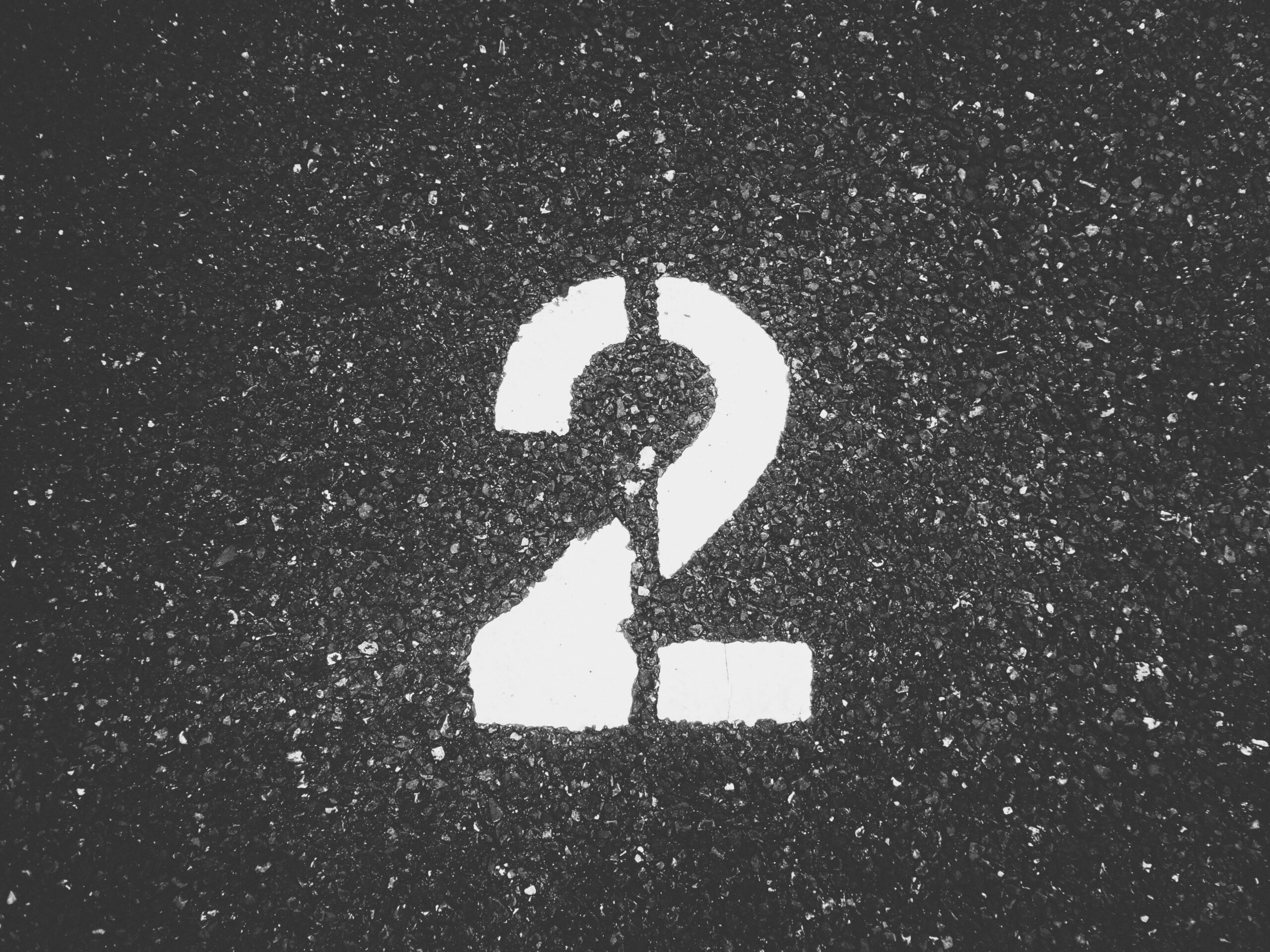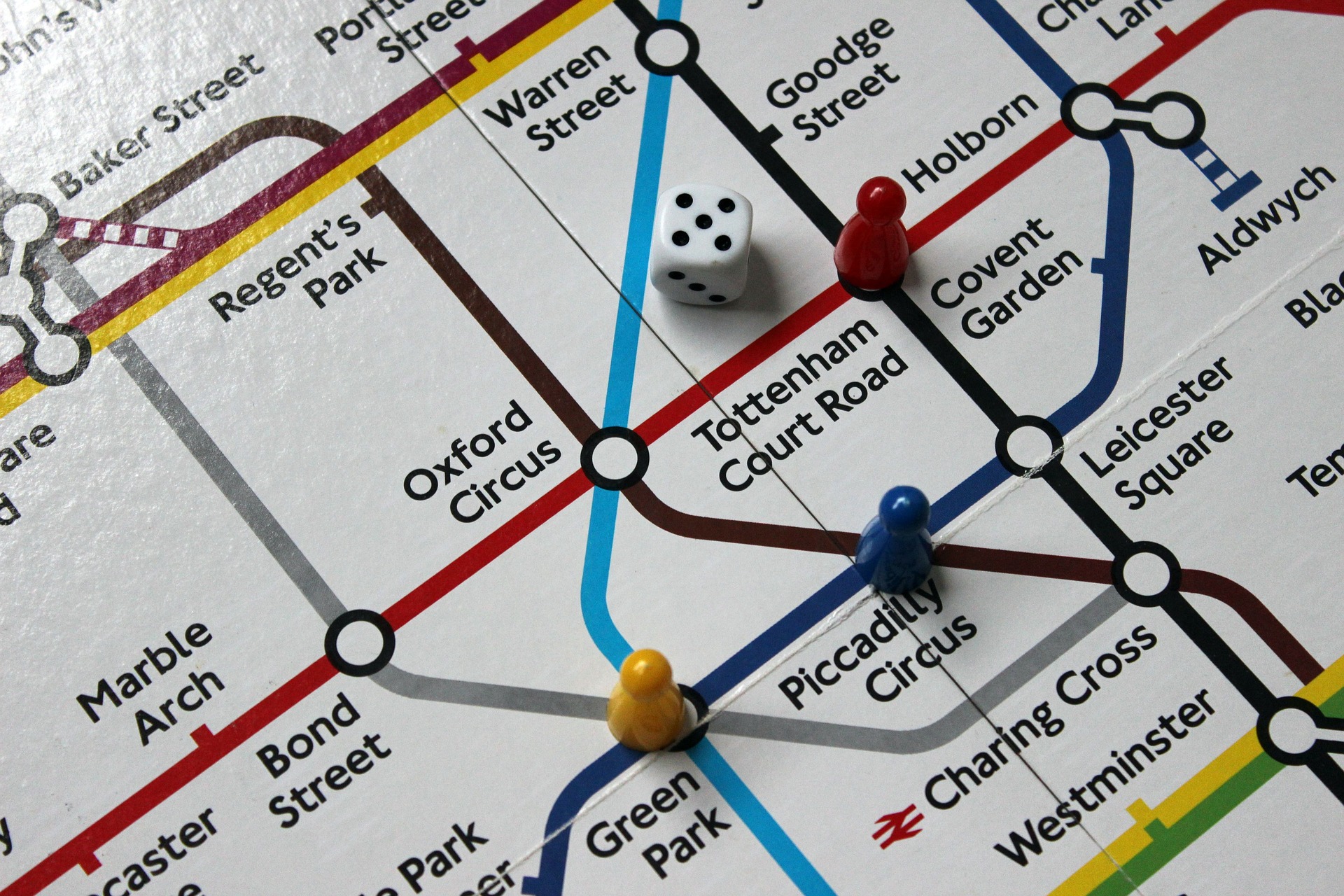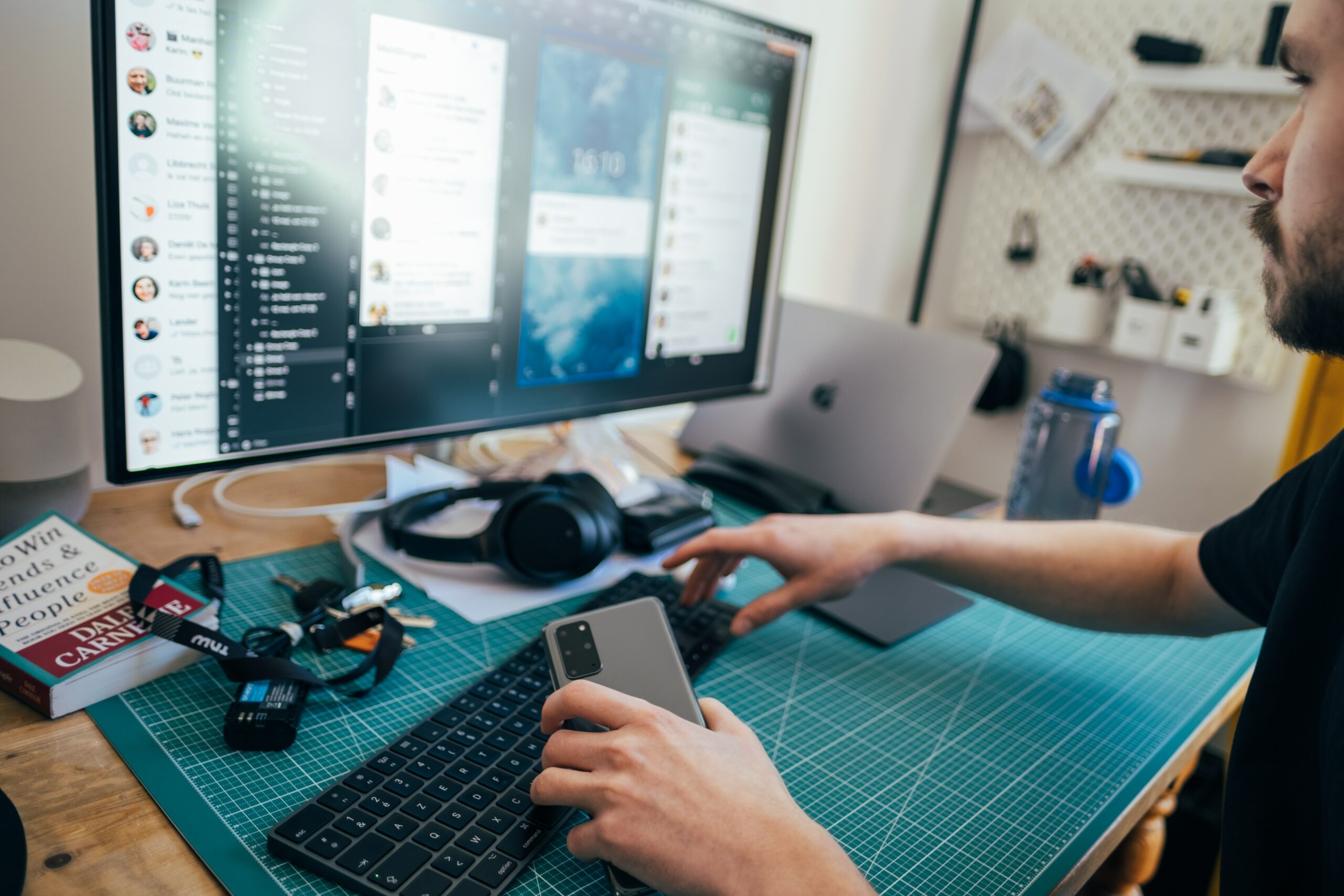Boris Johnson’s decision last night to put England in Lockdown was less a surprise and more a confirmation that he is once again behind the curve. Wales has effectively been in Lockdown since 17th December, and Nicola Sturgeon had already announced the Scottish lockdown proving she is always one step ahead and setting the agenda. The flip flop by the Prime Minister from Sunday, when it was perfectly safe for the kids to go to school to Monday evening where the danger to kids meant that they needed to be schooled from home was as infuriating as it was predictable.
The damage is real
I am not dismissing how difficult lockdown is for the nation as whole, for local communities, for schools, individuals and businesses. Setting aside the conspiracy theories around the cabal using the lockdown as an excuse to control the masses, the pandemic is destructive to our way of life. Ten months of navigating changing government advice, in-out lockdown and the pressures and challenges that are impacting individuals, families and society as whole is obvious. For those who have lost jobs and businesses we know that what they had in February 2020 is gone forever, the only remedy is recovery not healing. Empty chairs at the dinner table will remain empty and navigating the devastating physical effects caused by those who have had their health affected by CoVid-19, for some, leaves an unknown path to full restoration.
This destruction will be examined in detail, the mistakes and triumphs recorded by the investigators and researchers. Public policy and government action will be reviewed and hopefully the powers that be will learn from their mistakes and put in place infrastructure to make sure we do better next time. The damage is real, the personal toll will be carried by individuals for the rest of their lives.
The culture war
One of the things I have begun to wonder, that perhaps hasn’t been acknowledge much however, is the shredding of norms, the stories being told and the artefacts that are shaking the foundaitons of our cultural heritage… and no, I don’t mean tearing down statues although this may be emblematic of the big cultural shift occuring.
I was bought up in the era of Thatcherism and Reganomics. For half a century the neo-liberal agenda has pushed us towards individual exceptionalism and economics was focused on survival of the fittest, consumerism and everyone out for themselves. People became capital and resources, and everything became a commodity with a price, if the offer was good enough.
So when I hear commentators say that lockdown is damaging I wonder “damaging to what?” Beyond the obvious economic downturn caused by a slump in economic activity many people are navigating the lockdown with some level of reflective aplomb. For a good proportion of kids NOT being in school is a joy. For those academically minded, they are more than capable of surfing the chaos. I hear stories from many business people who are reevaluating their work life based on the revelations of life working from home, and many businesses are taking ‘good things’ from lockdown one and developing new flexible working policies. I know for my husband home working has been a salve, because he hated working in the toxic office environment.
Many who are annoyed at lockdown from an ideological perspective are affronted when in response to declarations of “limited risk” to kids from a school CoVid petri dish, you ask how many kids and teachers dying is, in their rational-logic perspective, an acceptable risk? They claim that it is overly dramatic given the low statistical chance of it occuring, but I’m curious. Given health and safety at work legislation and the fact that teachers HAVE died after being exposed to CoVid in the classroom, and they HAVE suffered from being exposed to a preventable workplace disease (if you are at home you aren’t exposed to the risk), I wonder what their tolerance for the ultimate damage really is.
I find in these conversations that the debate is focused on an acceptable level of “individual rights” verus “social responsiblity.” For those focused on the former, mask wearing is an affront to their civil liberties and not being able to send their kids to school, go to the pub or enjoy their lives how they choose is “damaging.” But for those focused on the latter, they wear their masks to protect others, they accept the restrictions as necessary to save lives and protect the NHS and they are frustrated at the damage “others” are causing for refusing the follow the rules and causing the restrictions to go on longer than they need to.
At a cross roads
Change is always disruptive and what was our culture in Februrary 2020 has been irreparably changed as a result of our shared experience of CoVid. I am not yet certain where our culture will end up, but interestingly, I think, much of what led us to Brexit has perhaps been resolved not because of leaving the EU, but because of the pandemic. It has been an extraordinary year, and likely end up with about 18 months to two years of restrictions all told. Our economy will recover, our hospitality industry will be bounce back. There will be an opportunity for us all to recognise the loss, globally and as a nation, that up to now has been left to individuals to carry. But perhaps the biggest challenge of lockdown has not been economic or social but cultural. Could it be that the destructive elements of neo-liberal individualism that is gripping a section of our society and carried us into the second decade of this millenium will be consigned to the cultural dustbin of history? What impact will the pandemic have on our cultural journey going forward, globally and as a nation? Will we finally move away from fast-capitlaism and consumerism and move more towards a more participative, emphatetic and caring socio-cultural paradigm?
Personally, I hope so.













